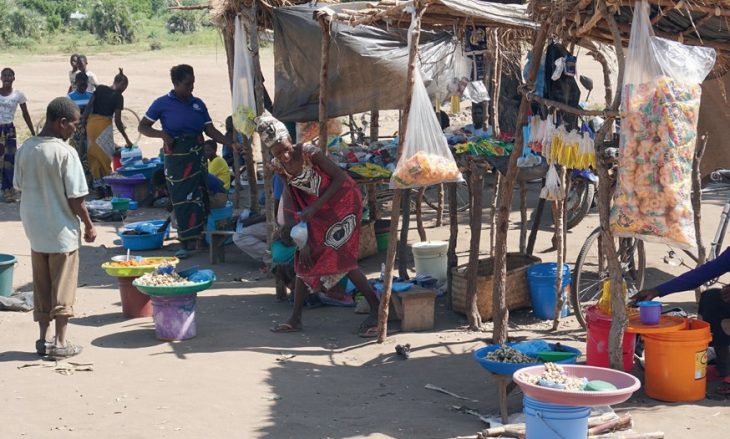
Malawi Businesses Thrive: Leveraging Strategic Connections for Sustainable Growth and Prosperity
Key Business Points
- Building strong networks and ecosystems is crucial for the growth and resilience of small and medium enterprises (SMEs) in Malawi, according to local entrepreneurs.
- Partnerships and collaborations are essential for entrepreneurs to access finance, build trust with investors and partners, and create a sustainable business ecosystem.
- System-building, including financial record-keeping, is vital for entrepreneurs to become "bankable" and attract investment, with ocial capital playing a key role in establishing proper records from the start.
Malawi’s business community has emphasized the importance of building ecosystems and strong networks to unlock growth and resilience for SMEs. According to Victoria Mwafulirwa, founder and managing director of Home Industries, her company’s success as an agro-processor relies on a supply chain of about 8,000 smallholder farmers. She stressed that mpango wa pabwalo (business planning) and uviki (partnerships) are critical for entrepreneurs to achieve success, which should not be seen as an individual journey, but as a collective one.
Mwafulirwa urged entrepreneurs to be intentional and put in the hours to build systems that make them wira (worthy of investment), emphasizing the need for mikangano (partnerships) with institutions such as the Malawi Bureau of Standards to sustain an ecosystem that gives businesses staying power. She also highlighted the importance of financial record-keeping, even for small businesses, to access finance and become bankable.
In the creative sector, Andrew Phiri, chief creative officer of Cimag Media, shared his experience of supporting graphic and fashion designers through his digital printing business, allowing them to control production and earn from their craft. This model, he said, enables wafanyabiashara (entrepreneurs) to build their own businesses while supporting others.
James Nyirongo, event co-convener and founder of Hope Business Hub, emphasized the importance of ushirikiano (collaboration) in driving Malawi’s development, noting that small businesses account for 75 percent of the country’s employment base and contribute over 30 percent to the country’s gross domestic product. He stressed that entrepreneurs cannot walk alone and that iron sharpens iron, highlighting the need for platforms like 265 Pitch to facilitate collaboration and trust-building among entrepreneurs, investors, and partners.
The event, rebranded from Lilongwe Pitch Night, aims to change Malawi’s entrepreneurial culture, which has been defined by individualism, and promote ujumuisho (togetherness) in building ecosystems that can generate jobs and attract investment. By creating spaces for entrepreneurs to share challenges, learn from each other, and build trust, organizers hope to strengthen Malawi’s entrepreneurial ecosystem and drive economic growth.
What are your thoughts on this business development? Share your insights and remember to follow us on Facebook and Twitter for the latest Malawi business news and opportunities. Visit us daily for comprehensive coverage of Malawi’s business landscape.
- Malawi’s K1.2tn Gold Smuggling Scourge: A Threat to Business Growth and Economic Stability - February 1, 2026
- Revitalizing Malawi’s Economy: Lower Food Prices Signal New Growth Opportunities - January 31, 2026
- Revitalizing Malawi’s Economy: Tackling Climate Related Underfunding for Sustainable Growth - January 30, 2026
